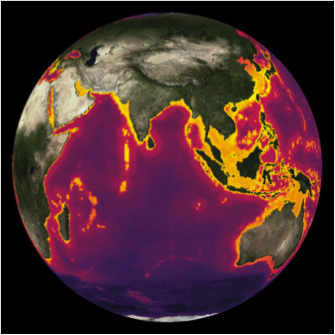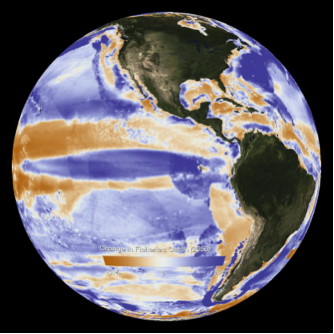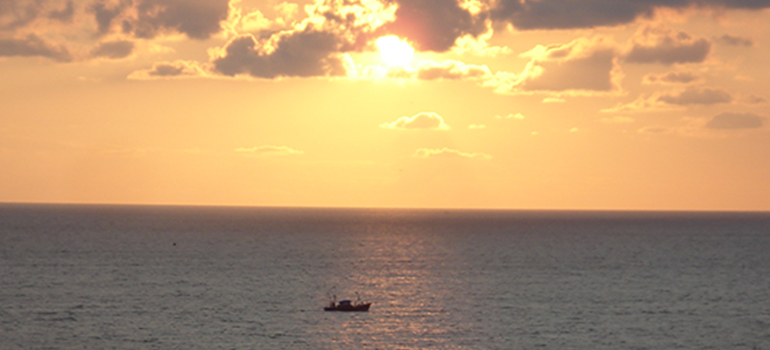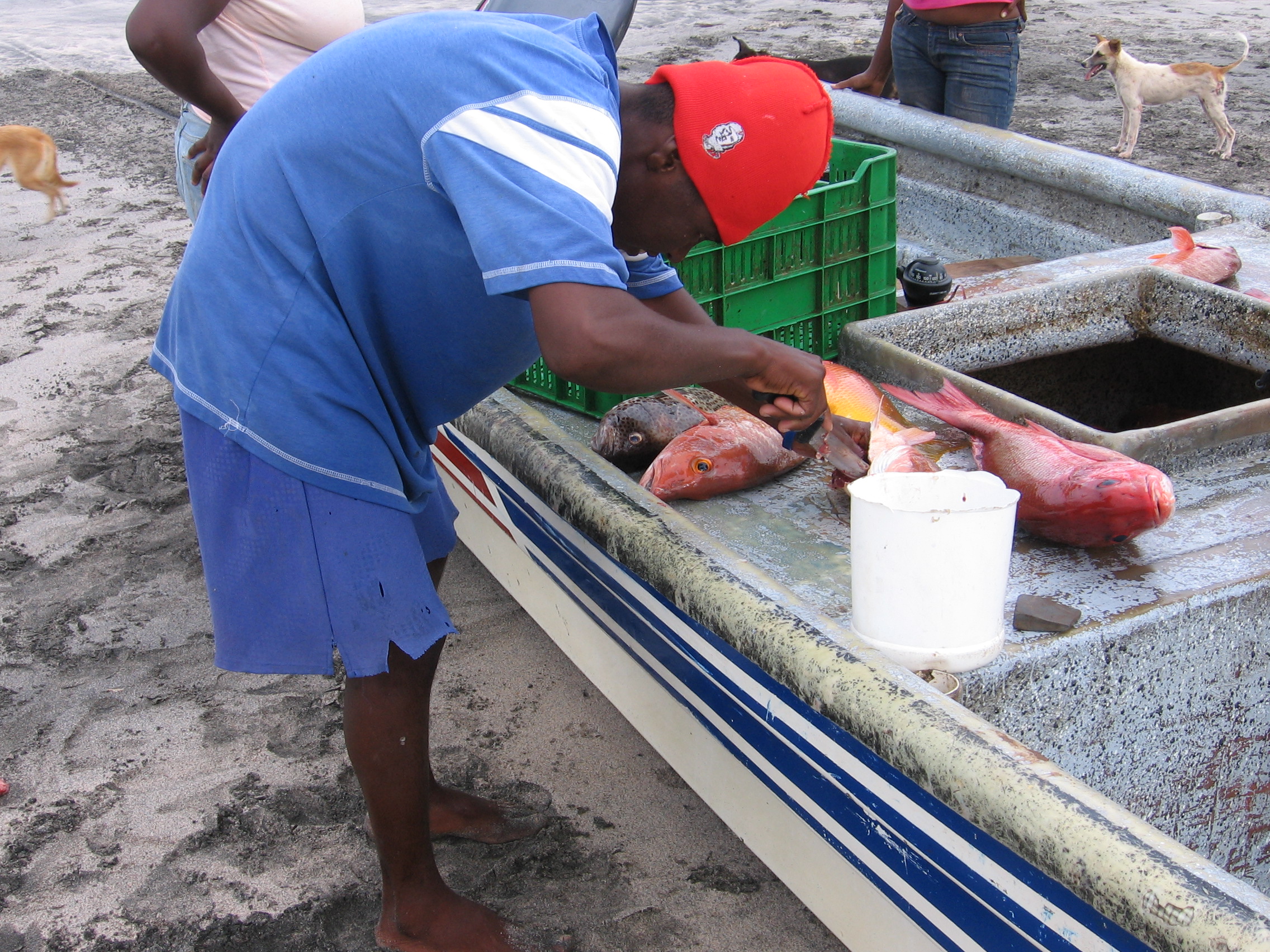Sea Around Us and Oceana have organized a workshop on Philippine fisheries as part of the National Symposium of Fisheries. The workshop will be held at the Luxent Hotel, Quezon City, Philippines on November 4-5.
The workshop will acquaint Philippine fisheries practitioners with the catch reconstruction work (Palomares and Pauly 2014) recently published as a Fisheries Centre Research Report at the University of British Columbia.
One of the primary objectives of the workshop is to provide practitioners with alternative terminology — including industrial fisheries, artisanal fisheries, subsistence fisheries and recreational fisheries — to help clarify current issues within the Philippine’s marine fisheries.
This session will also involve brainstorming exercises to inspire a re-thinking of data collection methods and create a preliminary work plan to implement these methods.
“We would like to be able to inspire a re-thinking of the Philippine fisheries catch statistics collection system, which has not been improved on since it was put in place in the 1960s,” said Maria Palomares, a senior research fellow at Sea Around Us. “We hope that the workshop will provide enough evidence that such a re-thinking is necessary to establish a solid and implementable catch statistics collection system.”
The workshop will also help introduce Philippine fisheries practitioners with Oceana, who have recently set up an office in the Philippines.
For more information on the symposium, visit http://bit.ly/1pbfm4M.






